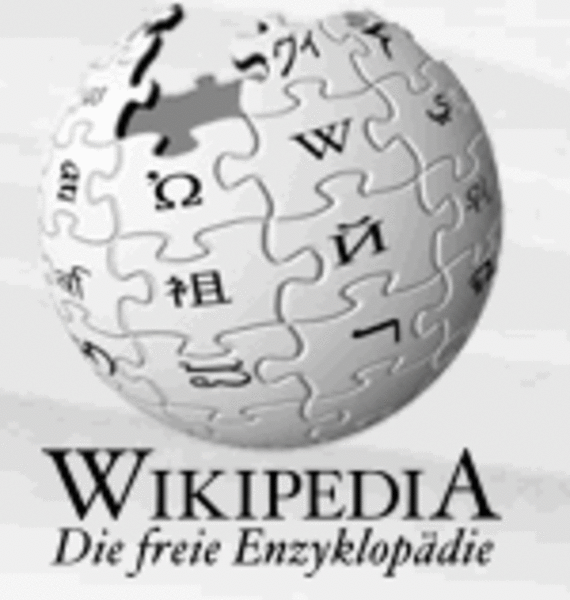Some users are being shown links to Wikipedia articles about current events clustered in the lists of sources on Google News, Google confirmed today. Those collaboratively written and edited pages will now sit side by side with professional news reporting.

Is this another sign that a fact-based understanding of the world is being eclipsed by an amalgamation of aggregated collaborative thinking? Or is it the ascent of the best the internet has to offer – crowdsourced news gathering and fact checking as an essential part of the story? We argue it’s the later, but it’s easy to imagine many people seeing Wikipedia on a news page and feeling pretty cynical about it.
Google spokesman Gabriel Stricker told Zachary M. Seward of Harvard’s Nieman Journalism Lab this morning that “Currently, we’re showing a small number of users links to Wikipedia topic pages that serve as a reference on current events.” Blogger Michael Gray first reported on the trial and posted screenshots.

People used to say you couldn’t trust anything written on Wikipedia, but they used to say that about the whole internet. While professional news organizations have professional editors and fact checkers, Wikipedia has far more eyes to mobilize in fact checking.
Update: Someone from another wiki news company forwarded us a rejection email from the Google News team. That email included the words: “We can’t include sites that don’t have a formal editorial-review process for submitted content.” Apparently things have changed! Does this mean the doors are open for other less-traditional news sites? Maybe, maybe not – Wikipedia is thought of as quite exceptional. It’s a notable policy change, none the less.
Wikipedia is still wrong sometimes, sometimes hot topic pages have incorrect information on them for minutes at a time. The same can be said for traditional media websites, however, and both types of sites have an ultimate interest in correcting inaccuracies as quickly as possible. Whatever information appears on Wikipedia can be viewed in its page-historical context and editing authors can have their personal editing histories examined. Those things can’t be done as easily on newspaper websites.
Ultimately it’s not about competition between forms of news sites, of course. Wikipedia entries are filled with facts gleaned from professional reporters on other sites. Wikipedia also offers greater background and more links that newspaper pages choose to include in news coverage.
In the early days days of the 20th century, news beat reporters from competing outlets would often share all the information they gathered with each other before writing up coverage and calling it in to their respective newspapers. (They competed on voice, insight and perspective for differentiation.) Perhaps Wikipedia will someday supplement other news coverage in this kind of way, acting as a public clearinghouse for readers interested in an aggregation of all the facts reported, along with more extensive historical context. That sounds like a pretty exciting idea to us. Google News already fills this role itself to some degree, but the web is a many-textured source of information and there are lots of ways that different organizations can contribute to our understanding of current events.





















